No products in the cart.
Organic Baobab Fruit Powder
2.99 $
Ingredients: 100% Organic Baobab
Packaging and weight: 100g
Brand: Zena Exotic Fruits (Afritibi)
Origin: Senegal
In stock
Organic Baobab Fruit Powder
Discover the exceptional qualities of our Organic Baobab Fruit Powder, sourced directly from the majestic baobab trees of Africa. Known as “monkey bread” for its popularity among primates, the baobab fruit is an oval-shaped treasure comparable in size to a coconut, each tree bearing hundreds of fruits. This genuine superfood is celebrated for its rich nutrient and fiber content, making it an invaluable resource for the elderly, those in recovery, and anyone seeking to boost their health naturally.
The Baobab: A Superfood and More
The baobab is revered not only for its nutritional value but also for its versatility and sustainability. It’s a nearly inexhaustible natural resource in Africa, harvested with minimal environmental impact. Traditional African medicine has long recognized the baobab as a “pharmacist tree” or “tree of life” due to its wide range of beneficial properties. The oil from its seeds is a prized ingredient in cosmetics for its antioxidant richness, while the leaves are a source of proteins and minerals.
Health Benefits of Baobab Powder
- Diabetes-Friendly: With a low glycemic index, baobab powder is suitable for people with diabetes.
- Energy and Vitality: Rich in vitamins, baobab fruit powder is perfect for maintaining energy levels, making it ideal for athletes, students, the elderly, and anyone needing a natural boost.
- Digestive Health: The baobab fruit’s high fiber content, evenly split between soluble and insoluble fibers, supports healthy intestinal flora and regulates intestinal transit, offering comfort to those with sensitive digestive systems.
Nutritional Profile
Baobab fruit powder is a powerhouse of nutrients, including vitamin C (six times more than oranges), calcium (two to three times richer than milk), vitamins B (especially B1, B2, and B6) and PP, manganese, iron, zinc, and potassium (five to six times more than bananas). Its fresh or dried pulp, when mixed with water, creates a refreshing drink known as “Bouye.”
| Weight | 1 lbs |
|---|---|
| Dimensions | 6 × 4 × 1 in |
Be the first to review “Organic Baobab Fruit Powder” Cancel reply
Related products
-
Organic dried Safou
4.49 $ -
-
Dried bitter leaf
6.99 $ -
Odjom leaves
4.99 $ -
Thai Tamarind
7.99 $ -
Okra Powder
3.99 $ – 9.99 $ -
Dried Sorrel Flower
4.99 $
Close


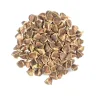
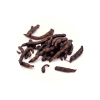
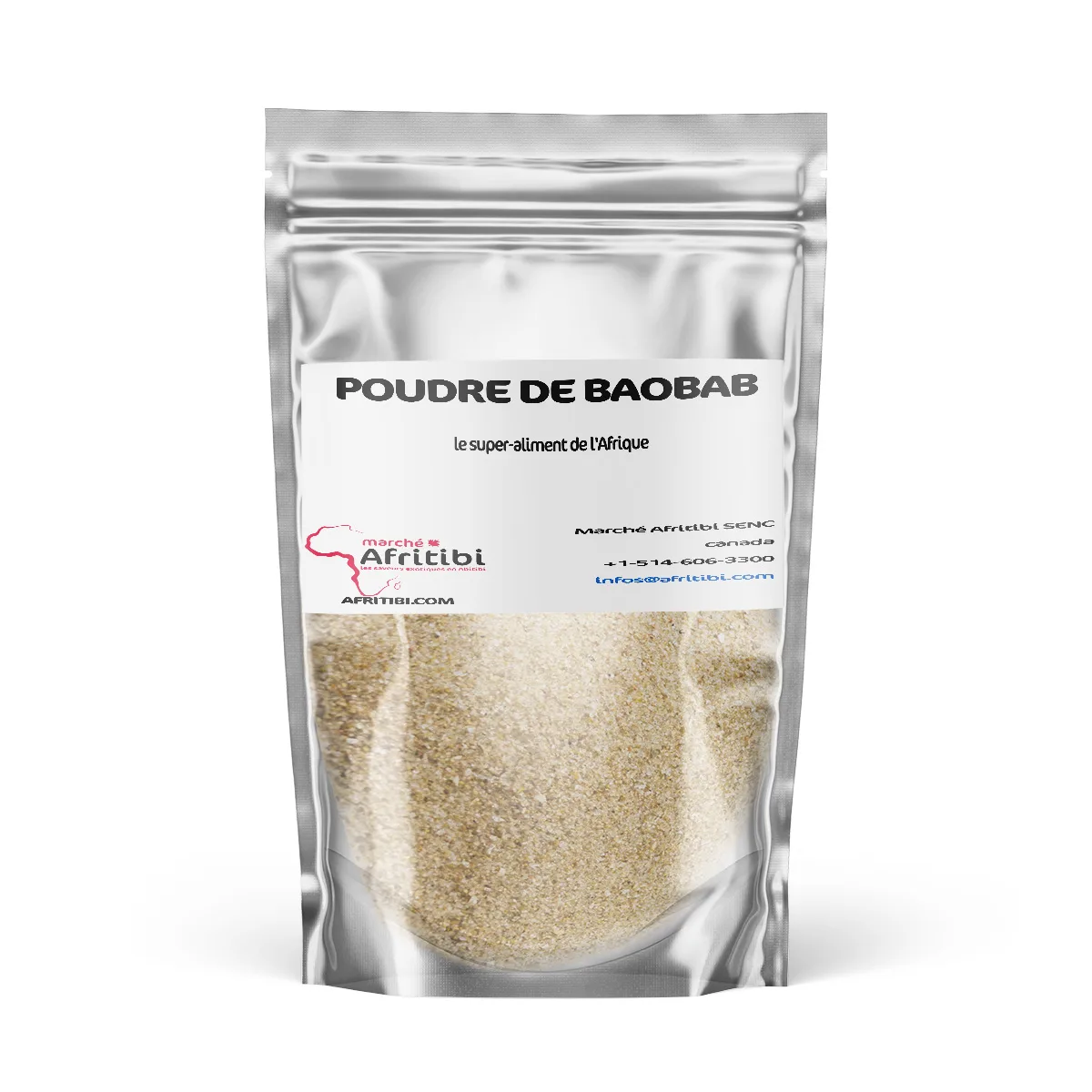
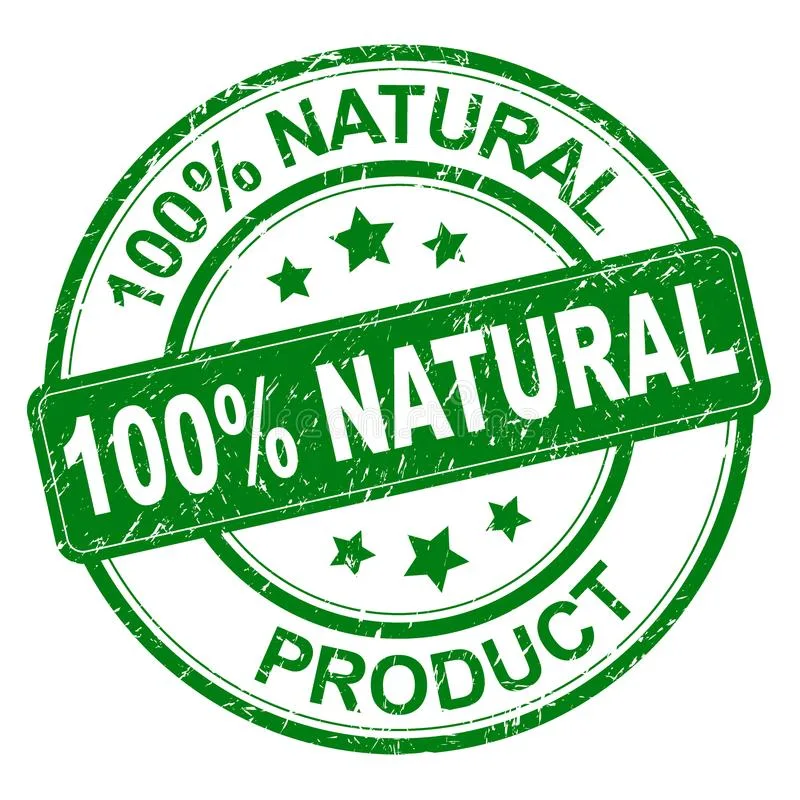
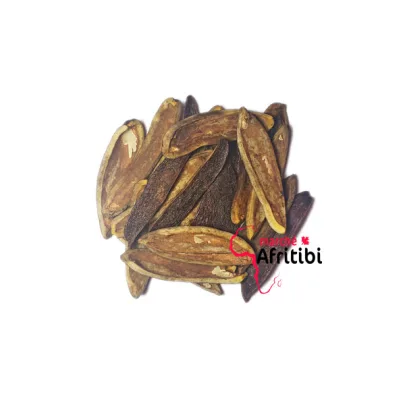
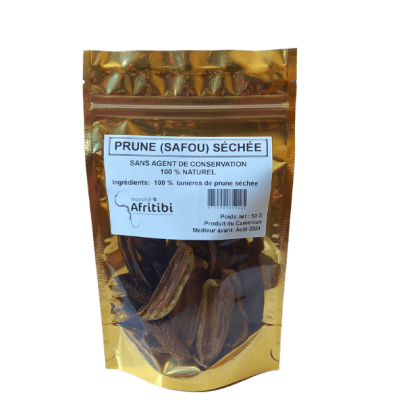
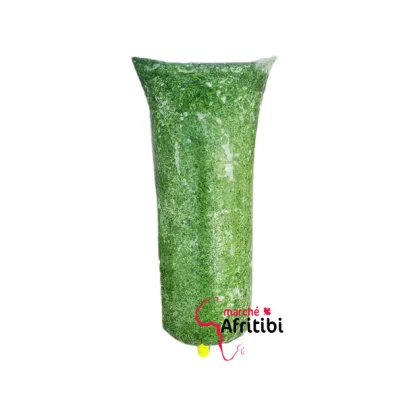
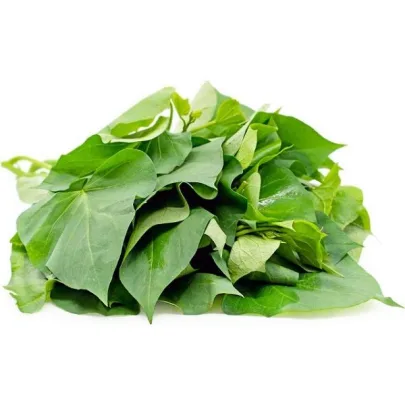
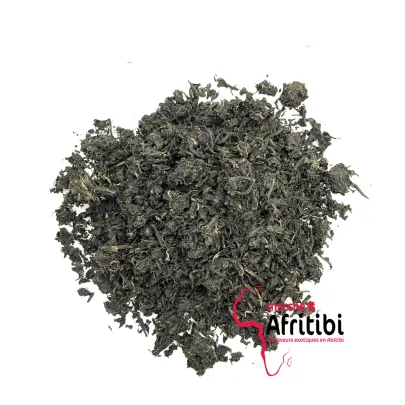
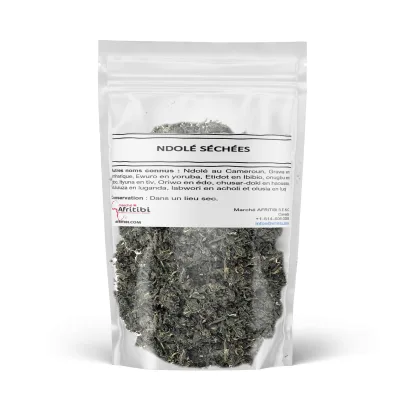
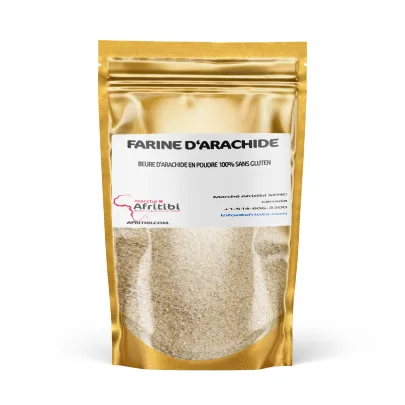
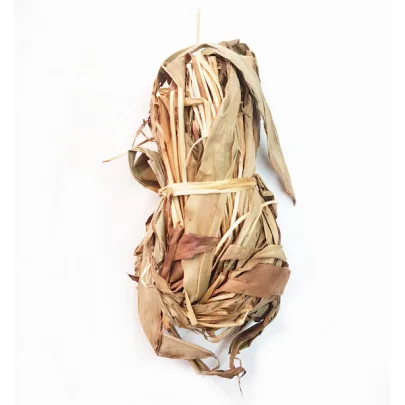
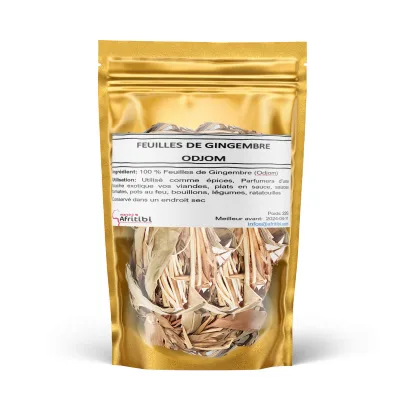
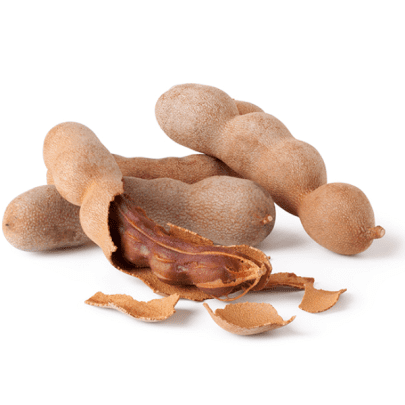
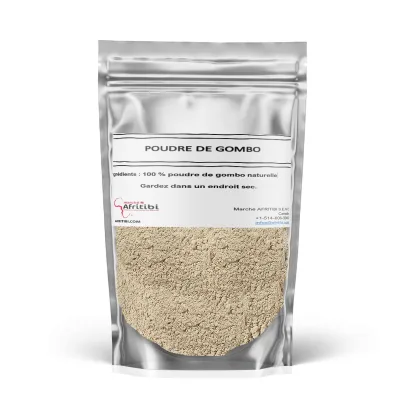
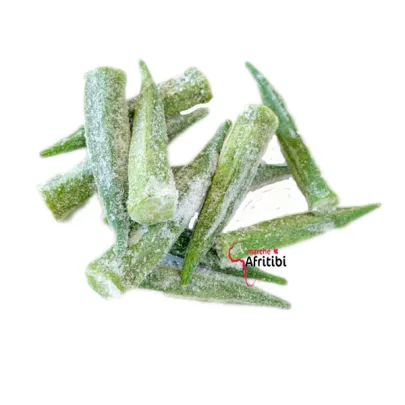
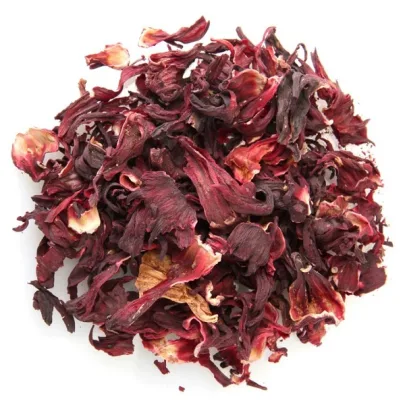
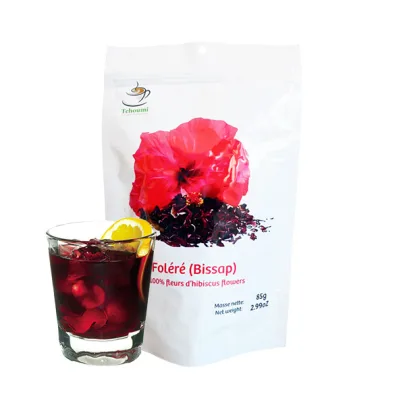
Reviews
There are no reviews yet.